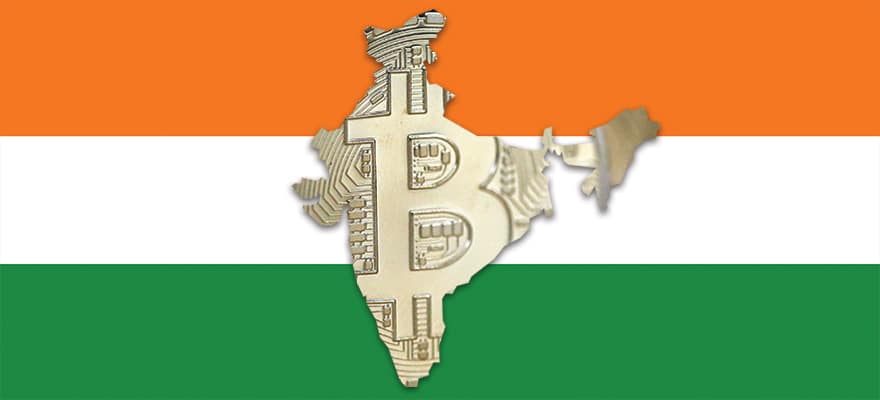The Indian Income Tax Department (I-T) has issued notices to 100,000 cryptocurrency investors. These notices were issued because of a suspicion of tax evasion by investors that have gained substantial profits from the cryptocurrency market.
This revelation was made by the Chairman of the Central Board of Direct Taxes (CBCT) Sunil Chandra in an Assocham-organized post-budget seminar on the 6th of February at the national capital, New Delhi.
Mr. Chandra said: “People who have made investments (in Cryptocurrencies ) and have not declared income while filing taxes, and have not paid tax on the profit earned by investing, we are sending them notices as we feel that it is all taxable.”
“We found out that there is no clarity on investments made by many people which means that they have not declared it properly. We have informed all the DGs (Director Generals of Income Tax) across India, they are issuing notices and so that would be taxed,” he added.
Mr. Chandra revealed that the I-T department had conducted various surveys on cryptocurrency exchanges to find out how many people are regular contributors, how many have registered themselves, and how many have already traded at major exchanges.
He further clarified that as per the current taxation laws, if investors cannot explain the source of the money, the capital invested on cryptocurrencies is taxable.
"So we will tax that particular amount and they should pay tax on that," Mr. Chandra added.
As the price of Bitcoin soared in December, many Indian investors gained huge profits. The digital coin was trading at a premium price of INR 1,400,000 ($21,800) on the Indian exchanges. The I-T department is zeroing in on investors who booked a tremendous amount of profit from the unregulated market and did not declare or pay any taxes on it.
According to many reports, the number of the issued notices might go up to 500,000.
Meanwhile, in a recent budget speech, the Finance Minister of India declared that Bitcoin and other cryptocurrencies are not legal tender. The Indian government is also looking for ways to regulate this volatile digital economy, and is aiming to put regulations in place by March 31st. It has set up a committee comprised of members of the finance ministry, the central bank, and market regulator (the Securities and Exchanges Board of India) to come up with regulatory rules.

















